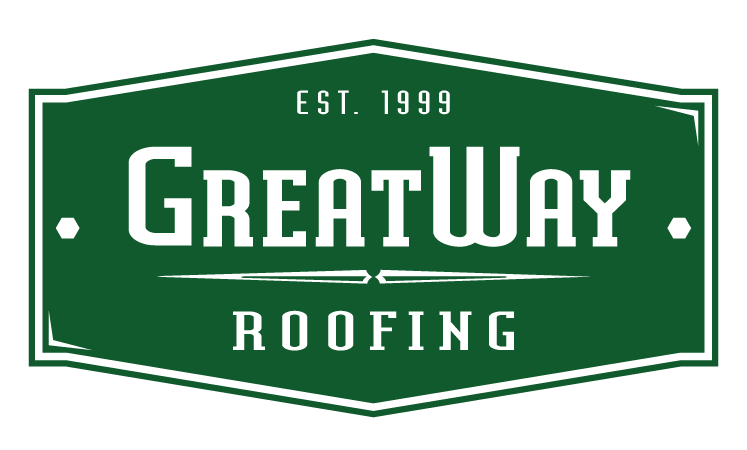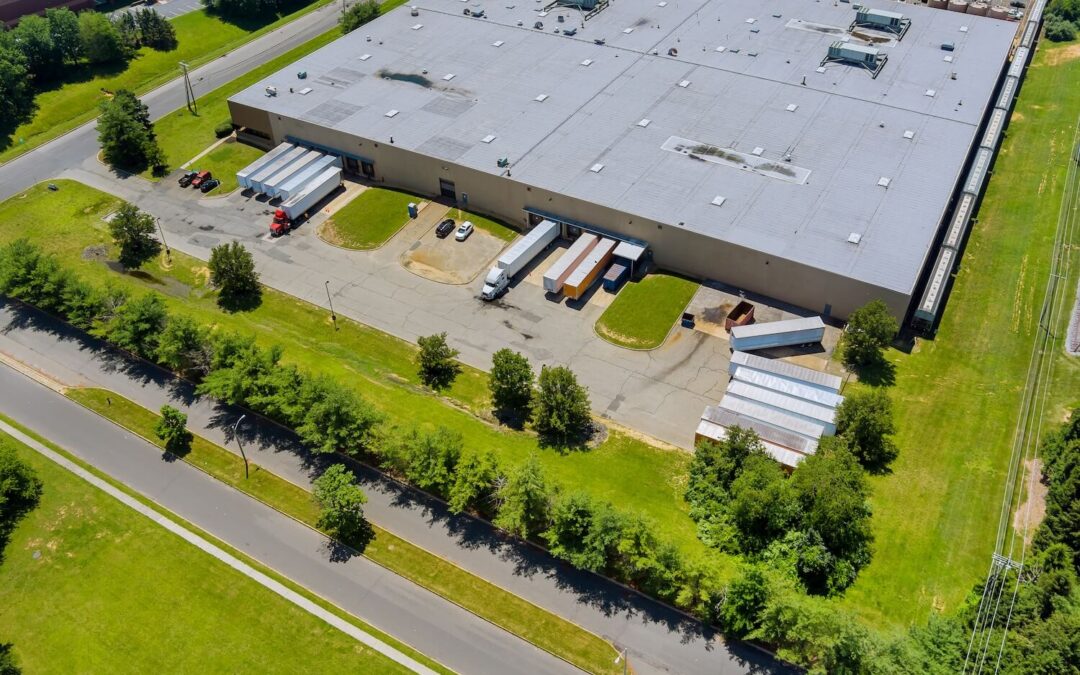When it comes to commercial roofing, selecting the right contractor for repairs is a crucial decision that impacts both your roof’s long-term performance and your business’s financial health. The right contractor ensures that your commercial roof is restored with precision, durability, and safety, while the wrong one could lead to repeated repairs, higher costs, and unnecessary downtime. Whether you’re managing an office building, a retail center, or a warehouse, understanding how to evaluate contractors is key to ensuring your roof’s integrity and your business’s protection.
This comprehensive guide will explore essential project factors when choosing the best local contractor for commercial roof repairs.
1. Understand the Scope of Roof Work
Before looking for a contractor, clearly define what repairs are needed for your commercial roof. This might include:
- Leak Repairs: Identifying the source of leaks and repairing damaged areas to prevent further water intrusion.
- Structural Damage Repairs: Addressing any underlying issues affecting the roof’s structural integrity.
- Surface Damage: Repairing punctures, cracks, or other surface damages that can lead to leaks.
- Waterproofing or Resealing: Applying waterproof membranes or sealants to extend the roof’s life.
- Gutter and Drainage Repairs: Ensuring that the roof drainage system is functioning properly to prevent water buildup.
Knowing the specific issues with your roof can help you better communicate your needs to contractors and ensure they have experience with similar projects.
Importance of a Detailed Roof Inspection
A reputable contractor will always conduct a thorough inspection before providing a quote. During this inspection, they will assess:
- The current condition of the roof.
- Potential future issues.
- The specific materials that need to be repaired or replaced.
By understanding the scope of work in advance, you can better compare contractors’ bids and services.
2. Check for Licensing, Insurance, and Certifications
When choosing a contractor, one of the first things to verify is whether they are licensed to operate in your state or region. A proper license demonstrates that the contractor meets the legal requirements for roofing work and adheres to local building codes.
Why Insurance Matters
Roof repairs come with risks, especially on commercial properties. Always choose a contractor who has the following:
- General Liability Insurance: This protects your property in case of accidental damage during the repair process.
- Workers’ Compensation Insurance: This ensures that you won’t be held liable for medical expenses or lawsuits if a worker is injured on your property.
Roof Certifications to Look For
Some roofing manufacturers require contractors to be certified to install or repair their products. Contractors with these certifications will have undergone specialized training, making them more likely to provide high-quality work. Examples include:
- GAF Master Elite Certification: Indicates that the contractor has met stringent standards for quality and reliability.
- CertainTeed ShingleMaster Certification: Shows expertise in CertainTeed roofing products.
Such certifications indicate that the contractor has met rigorous industry standards.
3. Evaluate Experience with Commercial Roofing
Commercial roof repairs require a different skill set than residential work. Commercial roofs’ size, structure, and materials vary significantly, and the challenges involved—such as managing a flat roof or accommodating heavy HVAC systems—require specific expertise.
Ask the Right Roofing Questions
To determine if a contractor has the right experience, ask these questions:
- How long have they been repairing commercial roofs? Longevity in the business often equates to reliability.
- Have they worked on projects similar to yours in terms of size and complexity? Experience with similar projects is vital for understanding the nuances involved.
- Do they specialize in certain types of roofing materials (e.g., metal, FARR, TPO, EPDM)? Specialization can indicate a deeper understanding of specific materials and techniques.
Importance of Specialized Roof Skills
Specialization can significantly improve the quality of repairs. For instance, if your roof is made of TPO, a contractor with extensive experience in TPO roofing will understand the best practices for installation and repair, thus ensuring a longer-lasting solution.
4. Consider Local Roofing Reputation and Reviews
When choosing a local contractor, their reputation within the community is often a reliable indicator of the quality of their work. A contractor with a strong local presence is more likely to be familiar with local building codes, weather conditions, and common roofing issues specific to your area.
Check Online Reviews
Online platforms such as Google, Yelp, and the Better Business Bureau (BBB) are excellent resources for gauging a contractor’s reputation. Look for:
- Patterns in Feedback: Consistent complaints about delays, poor workmanship, or unprofessional behavior are red flags.
- Responses to Negative Reviews: Contractors’ handling of complaints can indicate their commitment to customer service. Promptly addressing issues shows that they care about client satisfaction.
Ask for Work References
A reliable contractor should be willing to provide references from past clients. Reach out to these clients to inquire about their experience, the quality of the repairs, and whether they would hire the contractor again. Ask specific questions such as:
- How did the contractor communicate throughout the project?
- Did they meet deadlines?
- Were there any unexpected costs, and how were they handled?
By speaking directly with previous clients, you can gain insights that online reviews might not provide.
5. Compare Roof Bids and Contracts Thoroughly
Price is a significant factor when choosing a contractor, but it shouldn’t be the sole consideration. When comparing bids, pay attention to what is included in the price, such as:
- Labor Costs: This includes the cost of the workforce needed for the repairs.
- Materials: Ensure that the type and quality of materials are specified in each bid.
- Cleanup and Debris Removal: A reputable contractor should include cleanup in their bid.
- Warranties: Understand what type of warranties are offered for both materials and labor.
Avoid Hidden Project Costs
Ask for a detailed breakdown of all costs and inquire about any potential additional charges. A transparent contractor will outline everything upfront, including any contingencies for unexpected repairs. For example, if the contractor discovers additional damage during the repair process, they should communicate this promptly and discuss how it will affect the cost and timeline.
Understand Payment Terms
Before signing a contract, make sure you understand the payment terms. Is a deposit required upfront? What percentage is due upon completion? Knowing the financial expectations can help you avoid misunderstandings later.
6. Prioritize Contractor Communication and Professionalism
Throughout the selection process, how a contractor communicates with you indicates how they will perform the job. Contractors who are professional, clear, and prompt in their communication are more likely to:
- Provide Accurate Timelines: They should give you a realistic timeline for the completion of the repairs.
- Address Your Concerns: A good contractor will listen to your questions and concerns and provide thorough explanations.
- Keep You Informed: You should expect regular updates throughout the repair process.
Signs of Poor Communication
Be cautious of contractors who are hard to reach or take a long time to respond to inquiries. Effective communication is critical to ensuring the project stays on track and dealing with any issues quickly and efficiently.
7. Verify Warranty and Post-Repair Services
Roof repairs are a significant investment, so ensuring that the contractor stands by their work is important. A reputable contractor will offer warranties on both materials and workmanship. These warranties provide peace of mind and protect you if the repairs don’t hold up as expected.
Questions to Ask About Warranties
- What is the length of the warranty? Make sure you understand how long the warranty lasts.
- What does the warranty cover? Some warranties may cover only specific issues or materials.
- Does it cover labor, materials, or both? Knowing what is included in the warranty can help you assess the overall value of the service.
In addition to warranties, consider whether the contractor offers post-repair services, such as regular maintenance checks or emergency repair services. Ongoing support can help extend the life of your roof and prevent future issues from arising. For instance, a contractor that offers a maintenance program can help identify and address small issues before they develop into costly repairs.
8. Safety and Compliance with Local Regulations
Safety is paramount when it comes to commercial roof repairs. Roofing contractors should adhere to strict safety guidelines to protect their workers and their property. Make sure that the contractor you choose:
- Follows OSHA (Occupational Safety and Health Administration) Guidelines: These regulations ensure a safe work environment for all employees.
- Provide their Crew with Proper Safety Equipment: This includes hard hats, harnesses, and other safety gear.
Importance of Compliance
Moreover, the contractor should be well-versed in local building codes and zoning laws. This ensures the repairs comply with all regulations and helps avoid future legal issues or fines. A contractor familiar with local codes can navigate any necessary permits and inspections, saving time and potential headaches.
9. Inspect Their Roof Work Portfolio
A contractor’s past work can provide valuable insights into their capabilities and the quality of their services. Ask to see a portfolio of previous commercial roofing projects, particularly ones similar in scope to your repairs.
Look for Variety
The best contractors will have experience with different types of commercial roofs, such as:
- Flat Roofs: Common in warehouses and industrial buildings, flat roofs require specific expertise in drainage and waterproofing.
- Metal Roofs: Often used in manufacturing facilities, metal roofs need specialized knowledge for installation and repair.
Evaluating their portfolio will give you confidence that the contractor can handle your building’s unique needs. Don’t hesitate to ask about the challenges faced during previous projects and how they were overcome. This will give you insight into their problem-solving skills and adaptability.
10. Trust Your Instincts
Finally, trust your instincts when choosing a contractor for your commercial roof repairs. After gathering all the necessary information and evaluations, consider how you feel about each contractor. A contractor who is professional, communicative, and respects your needs will likely provide a better overall experience.
The Value of a Good Working Relationship
A strong working relationship is essential for a successful project. Look for a contractor who meets the technical qualifications and aligns with your values and expectations. A contractor who respects your business and is willing to collaborate can make the repair process smoother and more efficient.
Roofing Conclusion
Choosing the right local contractor for commercial roof repairs requires careful consideration of various factors, including experience, reputation, and communication. Following the steps outlined in this guide, you can make an informed decision and ensure your roof is repaired properly and efficiently.
In the long run, investing time in selecting the right contractor pays off, as it protects your investment and ensures your commercial roof’s longevity. Remember, your commercial roof is a critical component of your building’s overall integrity—don’t compromise on quality when it comes to repairs.

